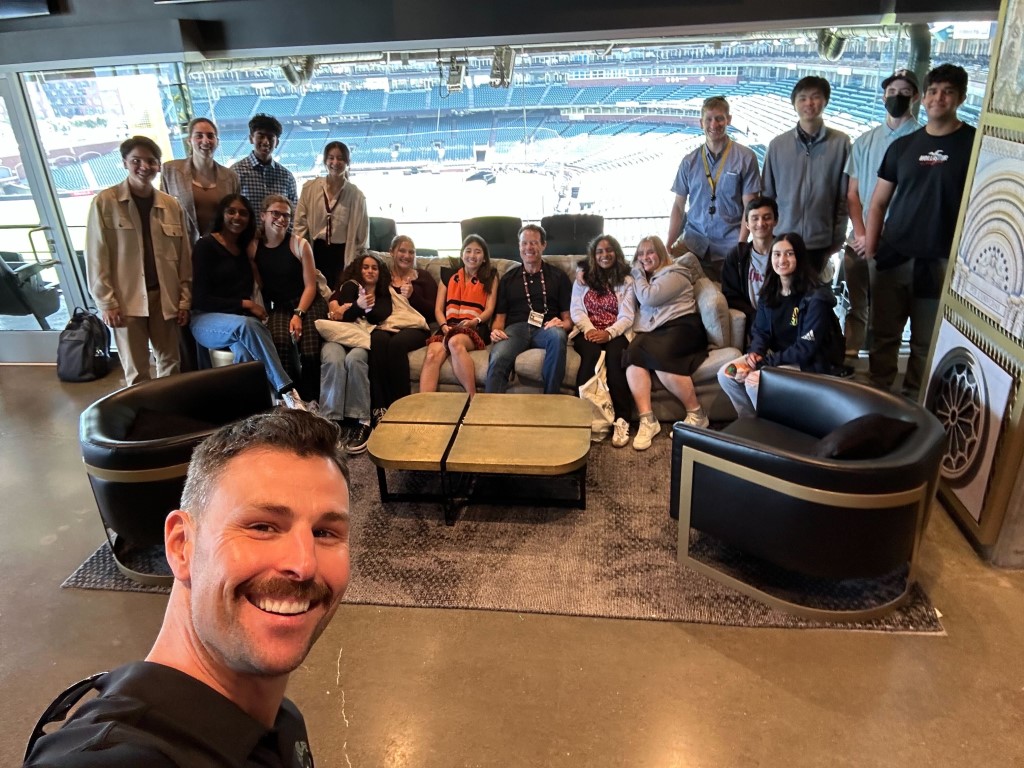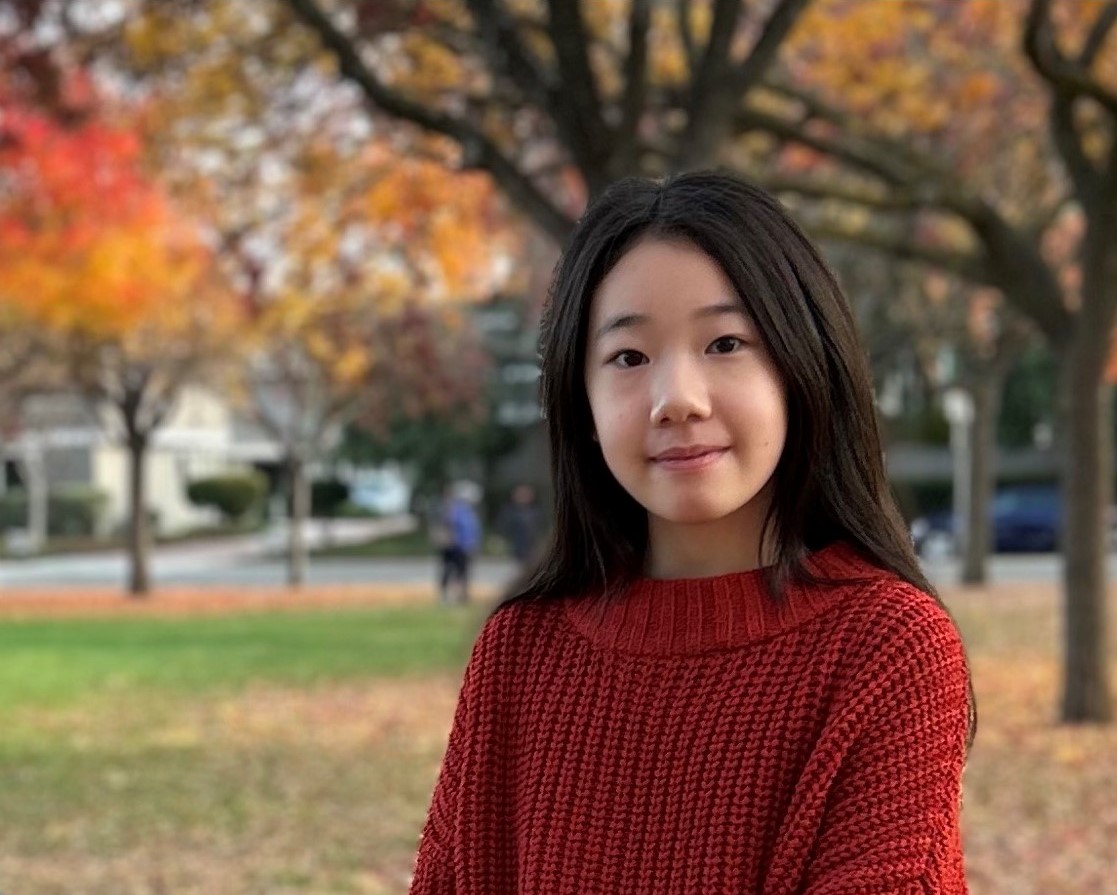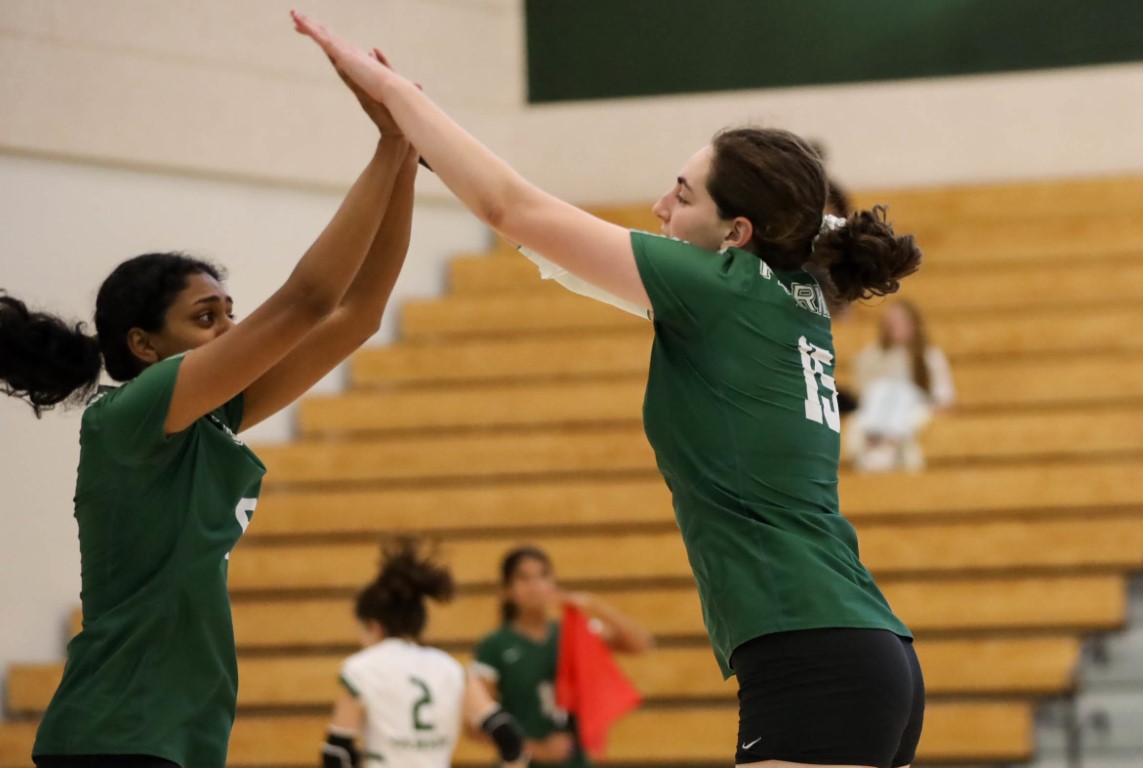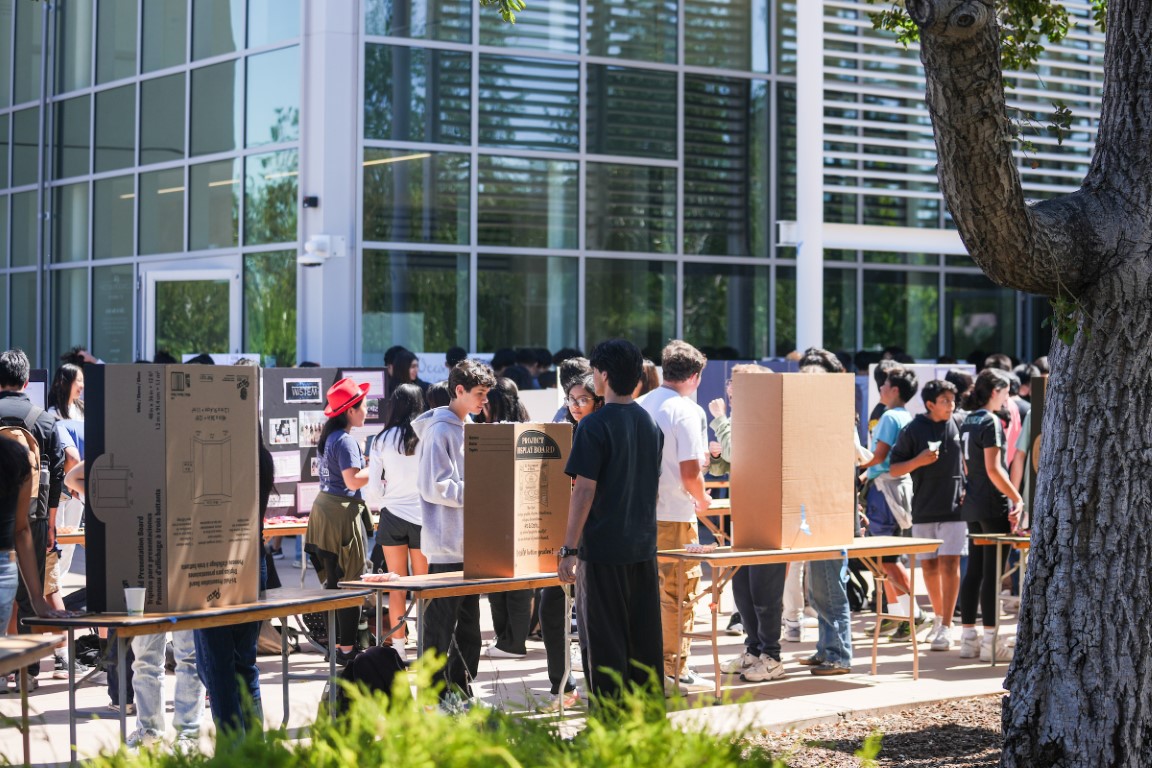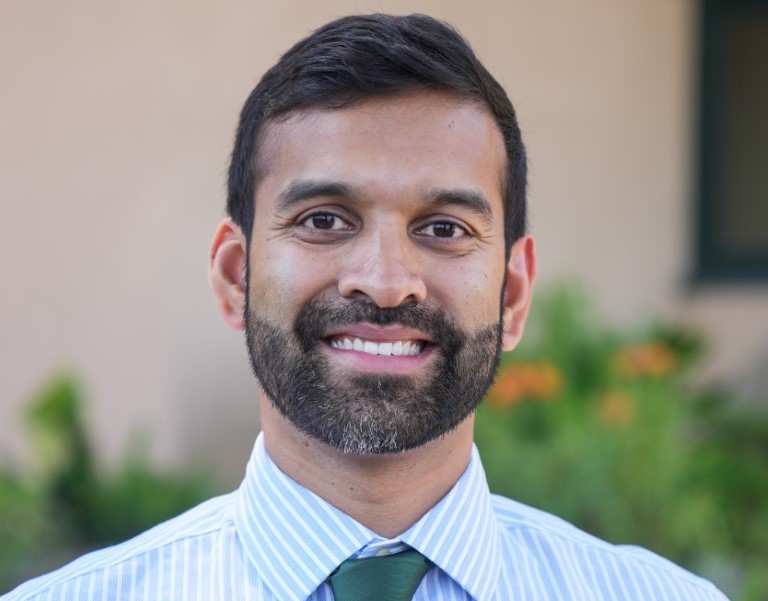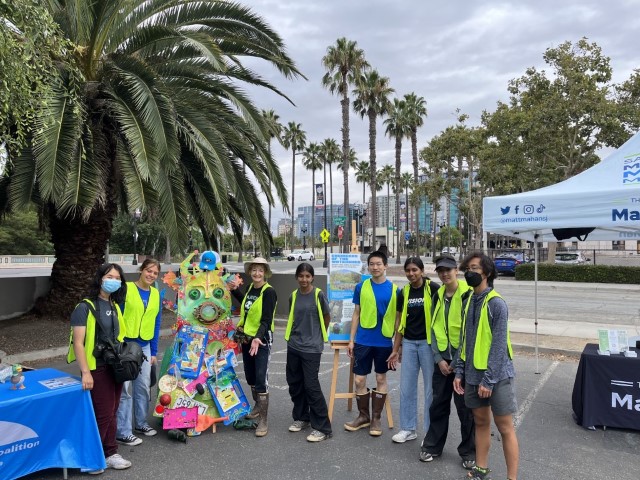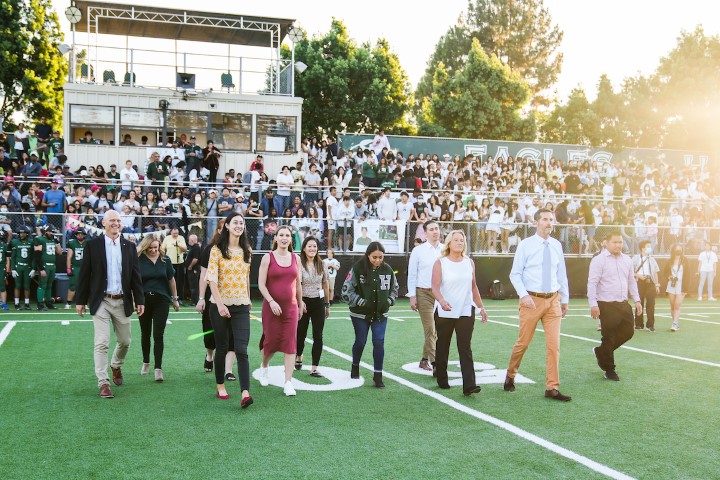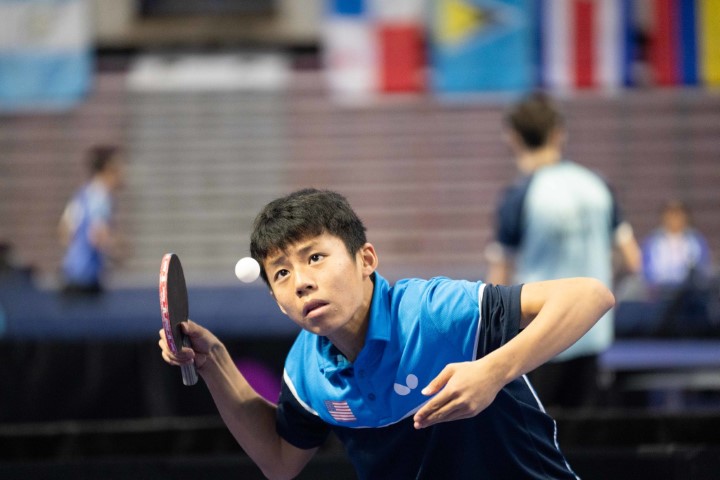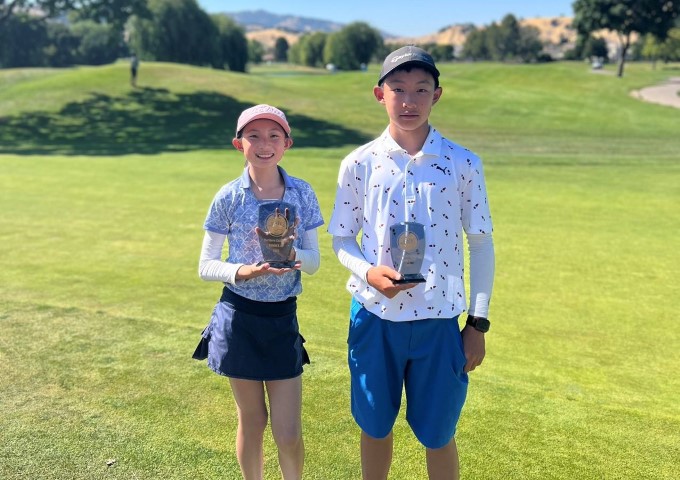Students in the upper school’s CareerConnect program visited Oracle Park in San Francisco for a look into careers in professional sports.
eweekly
Eighth grader Rory Hu receives prestigious Caroline D. Bradley Scholarship
Rory Hu, grade 8, was recently named a recipient of the prestigious Caroline D. Bradley Scholarhsip, which covers all four years of high school education for highly gifted applicants.
Eagle Update: Boys water polo takes tournament, girls volleyball tops league
See the latest on your Harker Eagles!
Upper school students flock to 2023 club fair
The upper school’s club fair brought nearly 90 student organizations to the upper school campus’ donor plaza to offer students the chance to peruse the many club offerings available to them.
Nearly 30% of senior class named National Merit semifinalists
The National Merit Scholarship Corporation announced that 55 Harker seniors have been named semifinalists in the 2024 National Merit Scholarship Program.
Alumni relations director eager to hear from Harker grads
Over the summer, Karan Lodha ’04 rejoined Harker as the school’s director of alumni relations.
Students clean up Los Gatos Creek alongside SJ mayor
Upper school students performed a clean-up operation at Los Gatos Cr.eek, organized by South Bay Clean Creeks
Annual Harker Day to include inaugural Alumni Reunion Weekend
The weekend of Harker Day, which will include a landmark event for Harker alums, who will have a full weekend of activities to look forward to.
Gr. 9 table tennis enthusiast wins gold medal at youth championships
Table tennis enthusiast Xianyao He, grade 9, recently won the gold medal in the cadet boys (U15) category at the ITTF Pan American Youth Championships
MS golf enthusiasts enjoy successful summer of competition
Middle school golf enthusiasts Julie and Justin Hu – grades 7 and 8, respectively – had a productive summer, traveling both domestically and abroad for tournaments.
